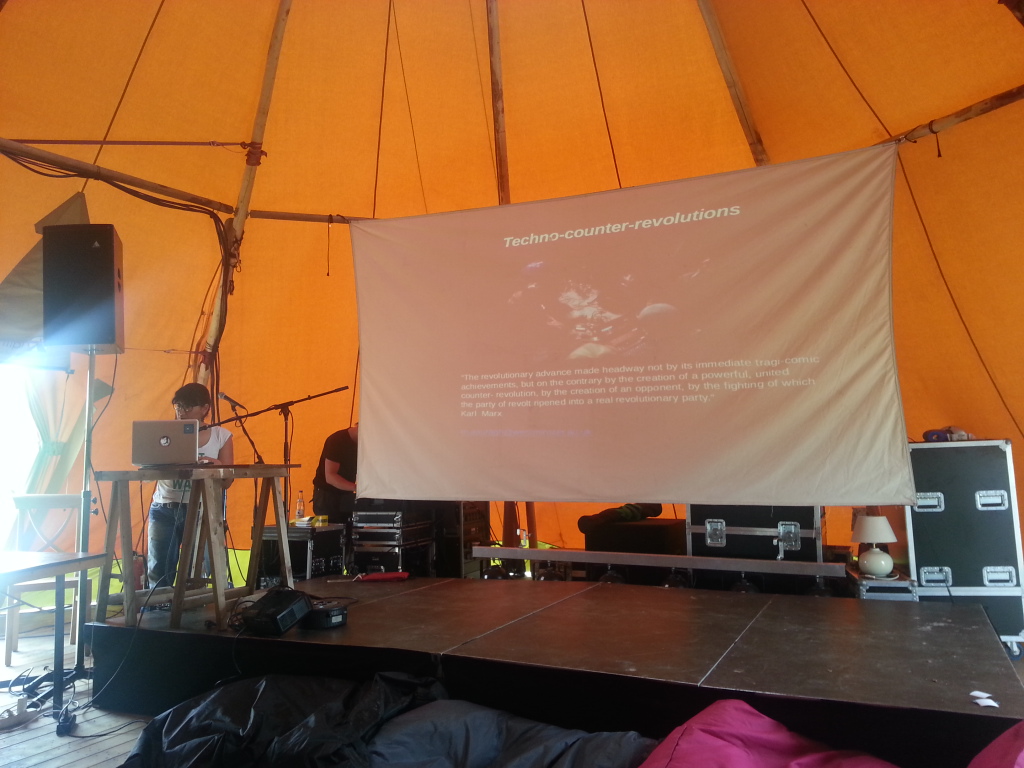I wish …
I wish there was a secret army of fish with magical powers near Lampedusa that saved our brothers and sisters when drowning.
I wish there were ghosts springing from these dead-underwater bodies that first fly to EU politicians and border police to sprinkle horrific pain on them and then past Katie Hopkins where they lift and swing her into the North Sea in one smooth move, where she will be eaten by smelly water creatures, before they continue their journey to heaven.
I wish my heart and arms were big enough to comfort and hold all those families and friends left behind.
I wish our side was strong enough to dismantle all the borders and fences.
I wish I wish I wish…
I wish I didn’t just realise that my father took a similar journey 50 years ago and could have been on such a boat if time was not chronological. Indeed, we are all refugees under capitalism.








